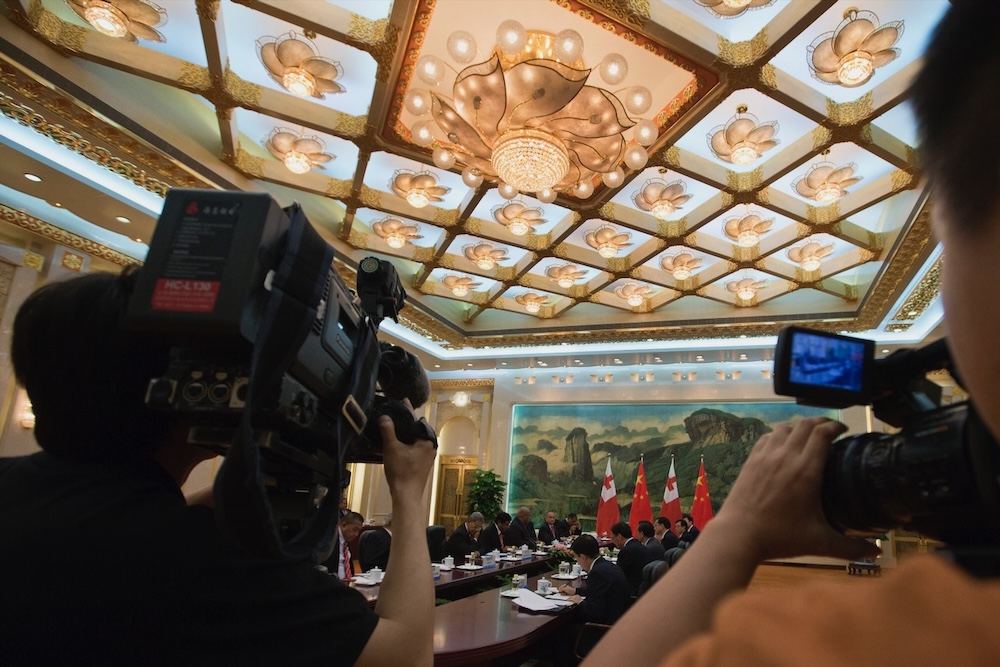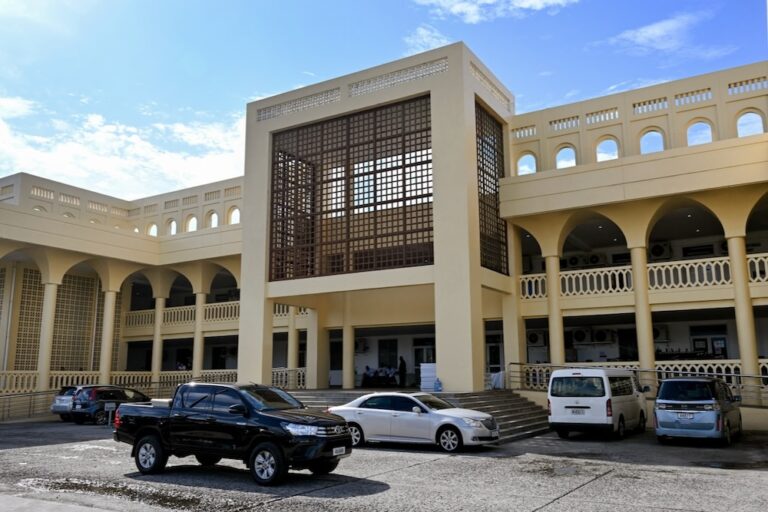Pacific Freedom Forum said "disinformation campaigns create fracture and divide our communities."
This statement was originally published on pacificfreedomforum.com on 3 May 2025.
As the world marks the 2025 World Press Freedom theme of “Reporting in the Brave New World – The Impact of Artificial Intelligence on Press Freedom and the Media”, PFF joins with our PINA media families to commend and support the many independent and investigative journalists across our region who are braving complex challenges as they serve the public interest, without fear or favour.
From January to December 2024, PFF posted over 20 alerts and issued over 10 statements on key issues. We also marked a significant milestone for our region, setting a baseline set of Pacific media freedom indicators which is led For Us, By Us, and About Us. The indicators and survey highlighted challenges and issues with a Pacific media freedom lens, and many of its key findings on media freedom have also been reflected in a PacMAS state of the media report launched this February.
The findings are clear: Self censorship is a real and pressing challenge, especially as intentional and deliberate disinformation and misinformation campaigns create fracture and divide our communities.
Lack of funding and support from traditional partners including the US, is putting our work and news journalism at risk. Investigative coverage, work against corruption and deeper reporting of the climate crisis, gender, human rights, and governance, has been dialled back, and my sympathies are with the excellent cadre of almost 20 Pacific based journalists who were part of the former US-funded Radio Free Asia news content, as well as the global Internews and other media development projects which had helped support the PFF ’s Pacific Islands Media Freedom Index report. Pacific Media Freedom Index
In 2025, despite the lack of funding, we aim to continue the work to deliver a report that is by Pacific journalists, for Pacific newsrooms, and about Pacific news realities. We will build on what we achieved, and we will continue to stand in solidarity for all our journalists, everywhere they are, because we must. Our people need the best information. And we will continue to fight for their rights to have that information, to discuss and share and come up with ideas that will hopefully shape strong decisions for better lives.
That’s our job. We recognise the strengths and opportunities of AI, and looking forward to opening up more spaces and dialogue on the ethical and sensible approaches to help newsrooms appreciate and not feel too threatened by a technology that is changing the very nature of our profession.
In this brave new world, brave journalists, brave governments, and brave friends of the media are required. We ask that the legal support from our global and Pacific supporters continues to help fight the defamation and gagging laws designed to break the backs of underfunded news outlets.
We continue to call on governments to stop using defamation laws as a tool to suppress and control dissent or whistleblowing in the public interest.
And we call on more of our governments to step in and fill the funding gaps caused by US, so that media may help with the national and regional responses to AI and its impacts on our Pacific world.
Finally, I thank my co-chairs across the region, Katalina Tohi of Tonga, and Leilani Reklai of Palau, as well as our PFF Patron, founding co-chair Monica Miller, of American Samoa.



